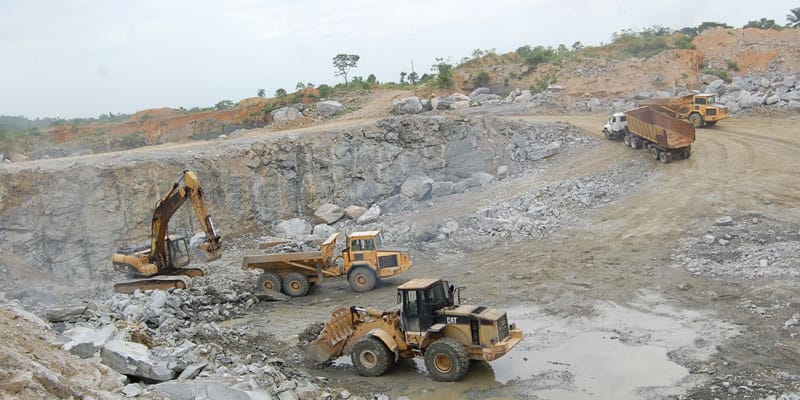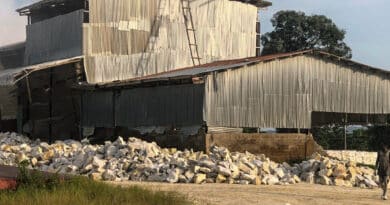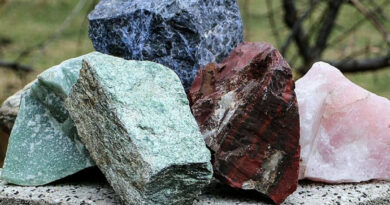Calcium Carbonate: Formula, Properties, and MSDS
What is Calcium Carbonate?
Calcium carbonate (CaCO3) is a naturally occurring mineral known for its white or transparent crystalline form. Also called calcite, calcium carbonate is a calcium salt of carbonic acid with widespread applications across multiple industries.
Properties of Calcium Carbonate
This inorganic compound has distinct physical and chemical properties that make it valuable in various fields:
- Solubility: Poorly soluble in water; however, when dissolved in water with carbon dioxide, it forms calcium bicarbonate (Ca(HCO3)2).
- Thermal Decomposition: At temperatures above 800°C, calcium carbonate decomposes into calcium oxide (quicklime) and carbon dioxide.
- Acid Reaction: Reacts with acids, releasing carbon dioxide (e.g., reaction with hydrochloric acid).
Calcium Carbonate in Pharmacology
Calcium carbonate is widely used in medicine as a dietary supplement to support bone health, nerve function, and muscle contractions. It is also a key ingredient in antacids, helping to neutralize stomach acidity.
Industrial Uses of Calcium Carbonate
1. Construction Industry
Calcium carbonate has been valued in construction for centuries. Due to its poor water solubility, it is a key ingredient in cement, masonry, and plastering mortar. It forms durable binders that enhance structural integrity.
2. Food and Beverage Industry
- Wine Deacidification: Used to reduce acidity in wine, improving its taste and drinkability.
- Food Additive (E170): Found in pastries, chewing gum, bread, crisps, and cookies as a stabilizer and colorant.
3. Beauty and Personal Care
- Used in face powders, baby powders, eye shadows, and foundations.
- Commonly included in toothpaste due to its natural whitening effect.
4. Agriculture and Animal Husbandry
- Soil Fertilizer: Calcium carbonate enriches soil by balancing pH levels and improving productivity.
- Livestock Feed: Acts as a dietary supplement for cattle and poultry, strengthening their bones and gastrointestinal health.
- Dairy Industry: Calcium bicarbonate is used to boost lactation in dairy cows and improve digestion.
Conclusion
Calcium carbonate is an essential mineral with diverse applications, from construction and food production to pharmaceuticals and agriculture. Its versatility, cost-effectiveness, and natural abundance make it a valuable resource across multiple industries. Understanding its properties and uses ensures its effective application in various fields.




